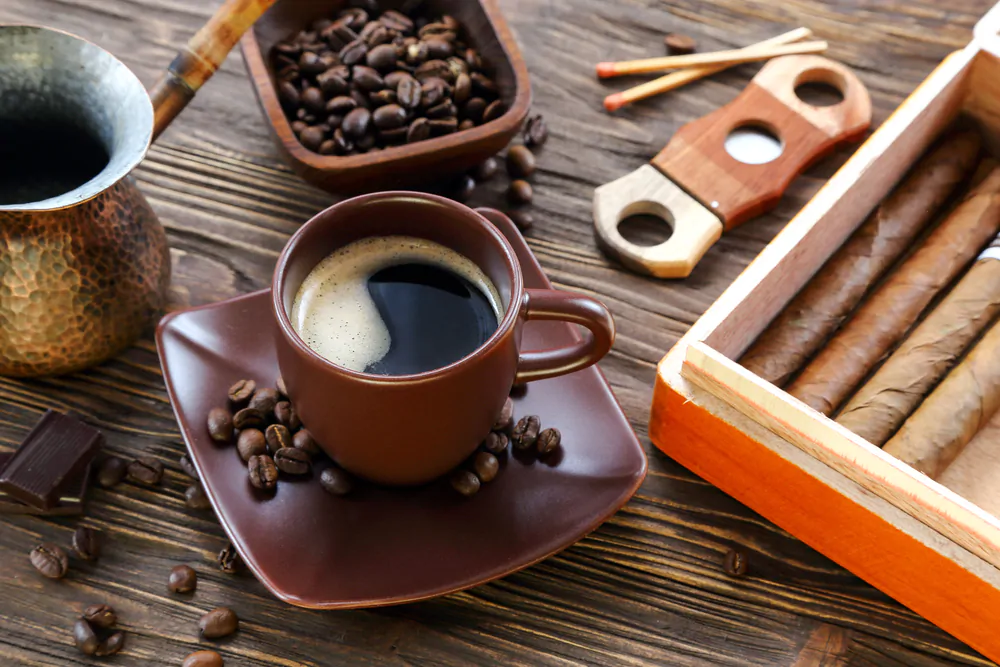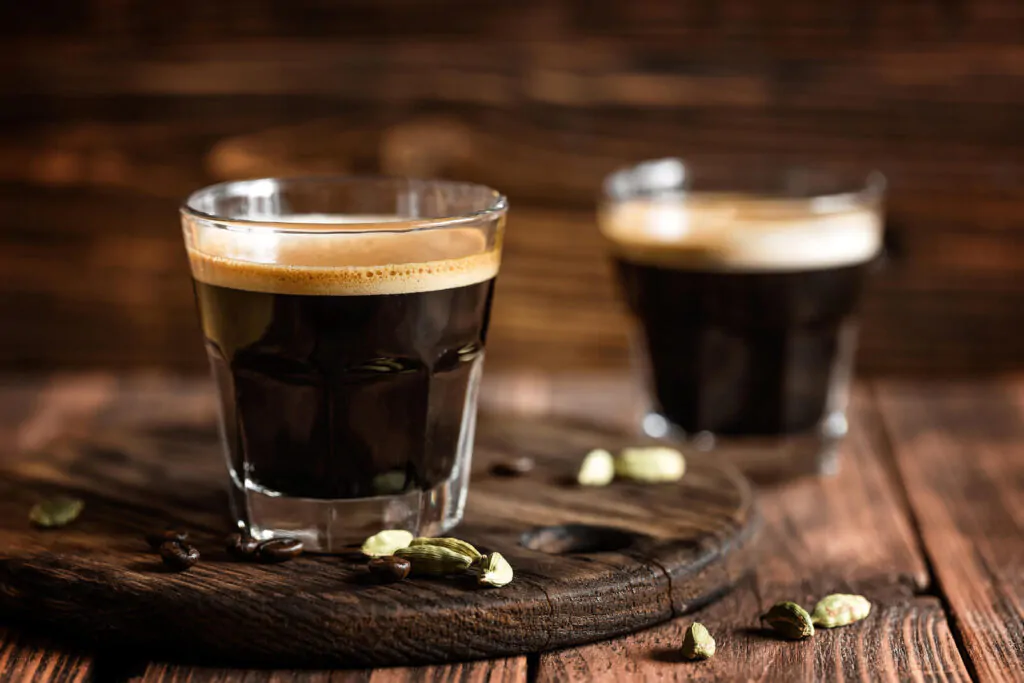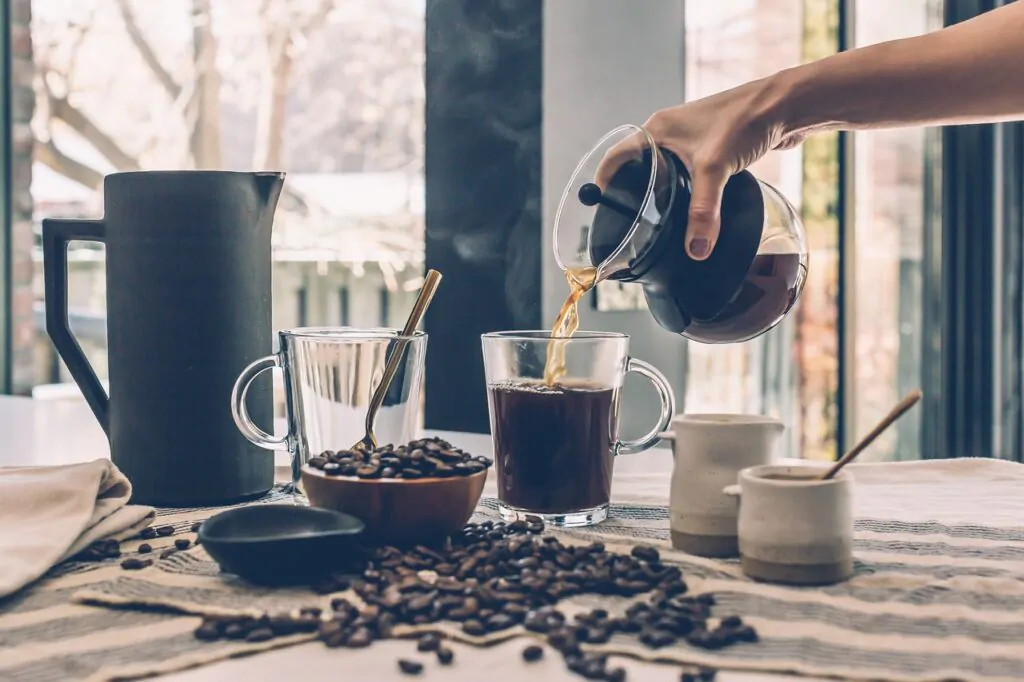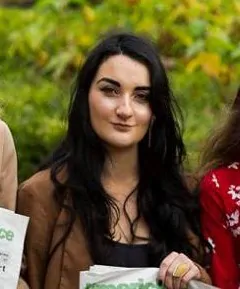Is Cuban coffee stronger than espresso? Well, it isn’t. In fact, Cuban coffee is made with espresso, so it carries the same amount of caffeine.

If you love coffee as much as I do, then you probably like to experiment with different styles for different occasions. What I drink on a lazy Sunday morning is quite different from a midday pick-me-up during a hectic workweek. Sometimes, it’s all about getting as much caffeine as possible as fast as I can, like an espresso shot.
One of my friends recently suggested that I try Cuban coffee because they thought that it’s stronger than espresso, and that got me thinking. Of course, I had to know if Cuban coffee really is stronger than my regular espresso shot. Spoiler alert: it isn’t.
But then I started wondering why people think Cuban coffee is stronger than espresso. Of course, I’m happy to share what I found out about the myth and why it’s so prolific.
Why Cuban Coffee Isn’t Stronger Than Espresso

Cuban coffee is espresso, so it’s got the same caffeine levels. The difference between Cuban coffee, or cafecito, and regular espresso shots is that it’s sweetened during the brewing process. Sadly, adding sweetener at any stage doesn’t boost the caffeine content of the espresso beans.
What’s Up With Those Beans?
Many people think that since traditional Cuban coffee uses darker roast beans, the espresso is more robust than espresso made with lighter roast beans. Unfortunately, this is a myth.
Darker roast refers to beans that are (you guessed it) roasted longer to pull out more of the flavors. The longer roasting time makes the beans darker but does not affect the amount of caffeine in the beans. So long as you measure out one shot of Cuban coffee and one shot of espresso, they should have the same caffeine content.
Why Do People Think Cuban Coffee is Stronger?
I had to know why my friend insisted that Cuban coffee was stronger than a shot of espresso from our favorite cafe. The truth is that Cubans tend to brew a stronger cup of coffee than Americans. It’s not just the Cubans either—many other countries brew coffee stronger and serve less of it.
Read our guide to Cuban coffee history.
How to Make Cuban Coffee at Home

If you have an espresso machine, you can easily make Cuban coffee at home. Follow the step-by-step guide below to craft the perfect cup of Cuban coffee.
First, select your ingredients. You need quality espresso beans and granulated sugar. If you’re looking for a great dark roast bean, check out some of these terrific options. Make sure to follow the manufacturer’s directions for your espresso machine to create a perfect shot of creamy espresso.
One of the critical parts for a good Cuban coffee has little to do with milligrams of caffeine content, but it improves the overall aesthetic and rounds out the flavor. You guessed it! I’m talking about the sweetened foam.
Put 1 ½ teaspoon of sugar in a creamer cup or measuring cup and add a few drops of the espresso.
Note that It’s essential to use the first drops of espresso for this step because it’s the most concentrated part. If your machine has a pause option, it helps with this step.
Let the machine finish brewing the rest of your espresso shot while you whip up the foam. That’s right—take a whisk and get to work if you don’t have an aerator or steam wand! The faster you stir, the better the foam.
Once your espresso shot finishes, pour it into the foam mixture and stir. The foam should rise to the top. Pour it into an espresso cup and enjoy!
Still, need help? Learn how to use an Espresso machine.

